15 Best ESG Funds for Responsible Investors
ESG, SRI ... call it what you want, but it can take many forms, and stand for different values. These 15 funds give you options.


Profit and prosper with the best of Kiplinger's advice on investing, taxes, retirement, personal finance and much more. Delivered daily. Enter your email in the box and click Sign Me Up.
You are now subscribed
Your newsletter sign-up was successful
Want to add more newsletters?

Delivered daily
Kiplinger Today
Profit and prosper with the best of Kiplinger's advice on investing, taxes, retirement, personal finance and much more delivered daily. Smart money moves start here.

Sent five days a week
Kiplinger A Step Ahead
Get practical help to make better financial decisions in your everyday life, from spending to savings on top deals.

Delivered daily
Kiplinger Closing Bell
Get today's biggest financial and investing headlines delivered to your inbox every day the U.S. stock market is open.

Sent twice a week
Kiplinger Adviser Intel
Financial pros across the country share best practices and fresh tactics to preserve and grow your wealth.

Delivered weekly
Kiplinger Tax Tips
Trim your federal and state tax bills with practical tax-planning and tax-cutting strategies.

Sent twice a week
Kiplinger Retirement Tips
Your twice-a-week guide to planning and enjoying a financially secure and richly rewarding retirement

Sent bimonthly.
Kiplinger Adviser Angle
Insights for advisers, wealth managers and other financial professionals.

Sent twice a week
Kiplinger Investing Weekly
Your twice-a-week roundup of promising stocks, funds, companies and industries you should consider, ones you should avoid, and why.

Sent weekly for six weeks
Kiplinger Invest for Retirement
Your step-by-step six-part series on how to invest for retirement, from devising a successful strategy to exactly which investments to choose.
So-called responsible investing can take many forms – as many forms as there are values to stand behind. Are you concerned about reducing fossil fuels? What about promoting women in the workplace? Whether you care about those issues or others, there's likely an ESG (environmental, social and corporate governance) fund for you.
You're not alone, either. Investors' hunger for ESG funds and stocks is growing at a rapid clip. According to Deloitte, the percentage of investors who applied ESG principles to at least a quarter of their portfolios grew from 48% in 2017 to 75% in 2019.
Investor interest in ESG has reached a level where "funds that don’t advance in a material way long-term ESG concern, like climate (change), or important current topics, like racial equity, will agitate current investors who expect them to tackle important issues," says Joe Sinha, chief marketing officer at Parnassus Investments.
There are two main approaches to responsible investing: negative screening and positive screening. In the former, you try to avoid the bad by excluding companies whose values you disagree with; the "sin" industries of tobacco, gambling and guns are frequently separated from the herd. This is how socially responsible investing (SRI) got its start, and it's still a common approach.
Positive screening tries to maximize exposure to companies doing good. This is primarily the realm of ESG funds, which aim to hold stocks with good environmental, social and governance practices. The theory is that ESG-friendly companies won't just make you feel better – they'll perform better, too, thanks to benefits such as cost savings from energy efficiency or better management driven by more diverse leadership.
And 2021 could be a particularly strong year for these funds. "With a new administration coming in, we expect that we'll see a rejoining of various accords and partnerships as well as a refreshed effort on government environmental oversight," Sinha says.
Here are 15 of the best ESG funds for investors looking to put their money where their values are. Most of these picks, which include mutual funds and exchange-traded funds (ETFs) alike, use a combination of SRI exclusion and ESG inclusion. And they cover the gamut, from global large-cap stocks to small American companies to even bonds that are backed by ESG-friendly companies.
In other words: There's something for just about every need.
Data is as of April 19, unless otherwise noted. Yields on equity funds represent the trailing 12-month yield. Yields on balanced and bond funds are SEC yields, which reflect the interest earned after deducting fund expenses for the most recent 30-day period.
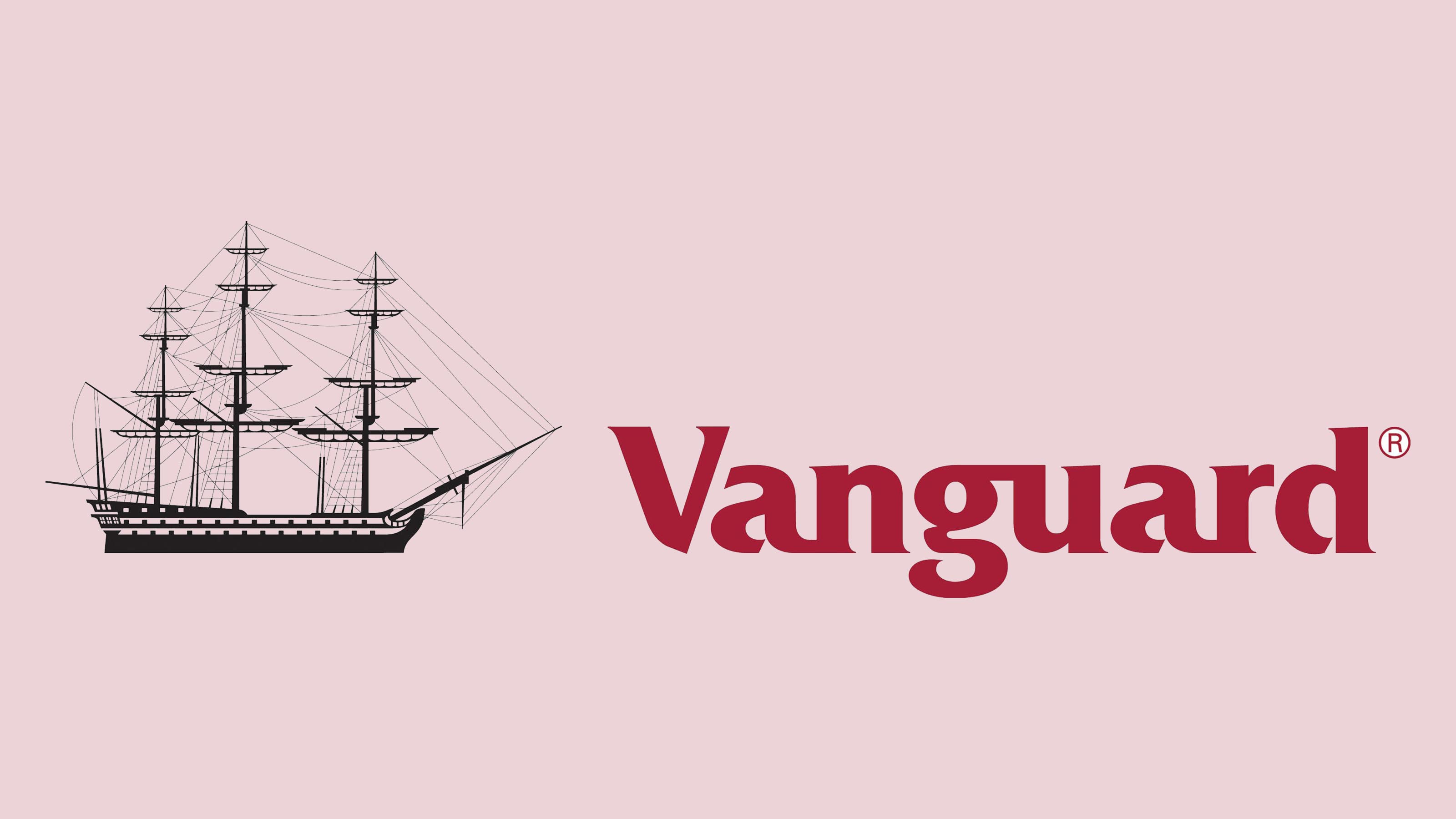
Vanguard FTSE Social Index Fund Admiral
- Assets under management: $12.0 billion
- Dividend yield: 1.1%
- Expenses: 0.14%, or $14 on a $10,000 initial investment
The Vanguard FTSE Social Index Fund Admiral (VFTAX, $40.42) is one of the least expensive socially responsible funds available, which may explain its surge in popularity last year. The fund gained almost $3 billion in assets under management during the second half of 2020 alone. It has picked up another $720 million or so in 2021.
Morningstar Director Alex Bryan says VFTAX is geared toward "investors who want a broadly diversified portfolio without exposure to firms operating in controversial industries," and that its low fees are "one of its strongest assets."
Vanguard FTSE Social Index Fund uses a passive strategy that tracks the FTSE4Good US Select Index, a market-capitalization-weighted index that screens constituents for ESG criteria.
"Unlike many of its ESG index and actively managed peers, this fund does not directly screen for corporate governance quality or the environmental impact of its holdings, beyond the simple fossil fuels business involvement exclusion," Bryan says. "So, it doesn't restrict itself to exemplary ESG firms."
It does make SRI exclusions, such as firms with significant business ties to tobacco, alcohol, nuclear power, adult entertainment, gambling and fossil fuels, Bryan says. It also nixes companies with human rights, labor, corruption or environmental controversies.
"This cuts out about 30% of the U.S. large-cap market, leaving a well-diversified, market-cap-weighted portfolio that should deliver similar performance to the market over the long term," Bryan says.
Several of its top holdings, such as Apple (AAPL), Microsoft (MSFT) and Amazon.com (AMZN), are found atop many traditional blue-chip funds.
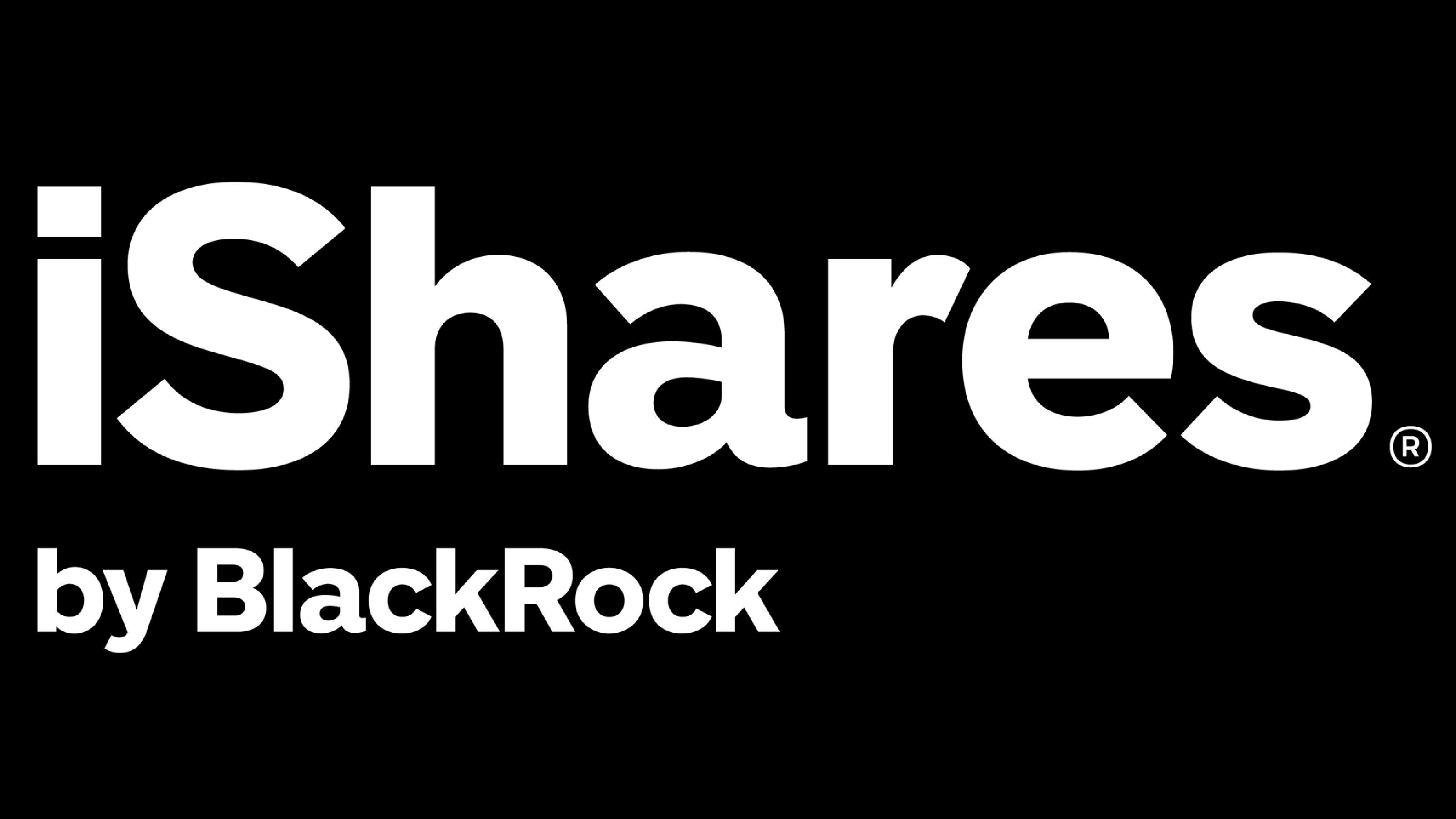
iShares MSCI Global Impact ETF
- Assets under management: $452.5 million
- Dividend yield: 1.0%
- Expenses: 0.49%
Wonder how investing in ESG makes the world a better place? Kostya Etus, director of research at Orion Portfolio Solutions in Omaha, Nebraska, says the iShares MSCI Global Impact ETF (SDG, $97.31) provides an easy answer.
The Global Impact ETF's portfolio is "composed of companies around the world who base their operations to further the United Nations' Sustainable Development Goals," she says. These 17 goals include clean energy, eliminating poverty and hunger, education for all and stopping global warming.
SDG invests in firms that derive at least 50% of their revenue from products and services that address the UN's Sustainable Development Goals. Their stocks are then weighted based on the percentage of revenue they derive from activities related to these themes.
The result is a portfolio of roughly 140 companies from around the world, split about 65%/35% between large-cap stocks and midsize companies.
The ETF's largest geographical positions are in the U.S. (25%) and Japan (14%). Industrials, healthcare companies and consumer staples firms each make up between 19% and 21% of SDG's assets. Top holdings at the moment include electric vehicle maker Tesla (TSLA), Belgian materials-tech and recycling company Umicore (UMICY) and Denmark's Vestas Wind Systems (VWDRY).
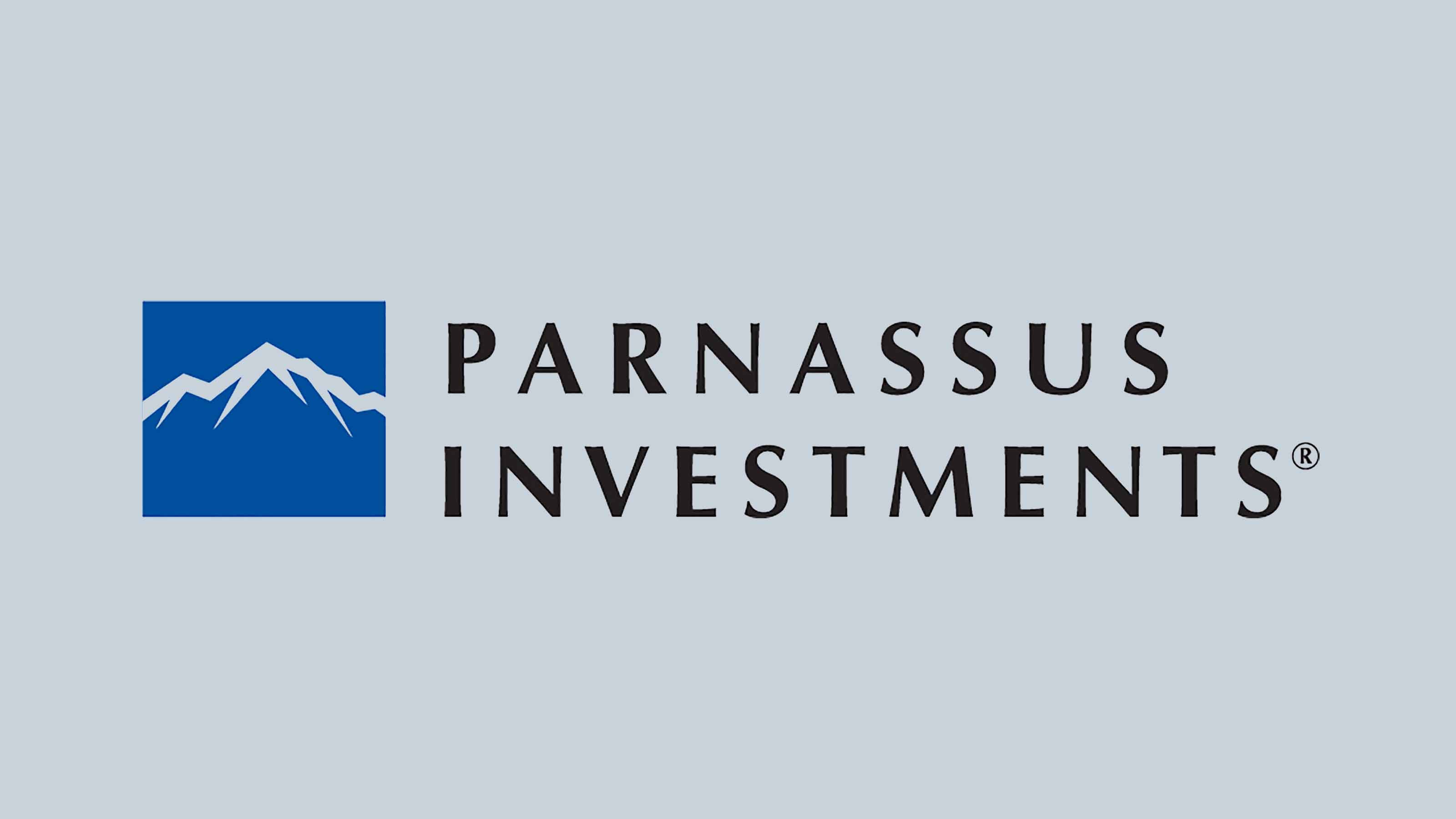
Parnassus Core Equity Fund Investor
- Assets under management: $20.0 billion
- Dividend yield: 0.4%
- Expenses: 0.86%
Parnassus Investments has been a source for ESG strategies for People's United Advisors for more than a decade, says Celia Cazayoux, a senior investment manager for the Burlington, Vermont-based wealth management firm.
"From an ESG perspective, the firm believes that quality companies with strong social, environmental and corporate governance practices are better positioned to understand and manage risks, reducing probability of adverse outcomes and controversies," she says.
Parnassus' ESG analysis is coupled with a fundamental analysis that seeks companies that are "high quality investments with wide moats, increasing relevancy, strong management teams with a long-term focus, healthy financials," she says.
The result is funds such as the Parnassus Core Equity Fund Investor (PRBLX, $59.83), which has delivered a 20.3% average annual return over the past three years – about 2.5 percentage points better than the S&P 500 in that time – which puts PRBLX in the top 97% of its large blend rivals. Its strong performance helped it gather more than $4 billion in assets during the latter half of 2020. It has added another $750 million this year.
"One of the primary drivers for the fund's strong long-term track record is its upside/downside capture," says Cazayoux, who points out that PRBLX has captured 89% of the index's upside compared to 81% of its downside. "The fund's downside protection along with participation in market rallies has enabled it to outperform over the long term with less risk."

Parnassus Mid Cap Fund Investor
- Assets under management: $7.8 billion
- Dividend yield: 0.2%
- Expenses: 0.99%
The Parnassus Mid Cap Fund Investor (PARMX, $44.16), a Kip 25 selection, is another of the firm's top-rated ESG mutual funds. This solid option for ESG exposure to mid-cap stocks has earned five stars and a Silver rating by Morningstar, and has been lauded for its "talented stock-pickers" and "disciplined, well-executed approach."
The managers' focus on downside protection has resulted in a fund that doesn't always keep up with the Russell MidCap Index in bull markets but has better weathered the few pullbacks of the past decade. Amid the tumults of 2018, for instance, PARMX stayed nearly 2.5% ahead of the index.
Companies are screened for quality and valuation metrics, such as competitive advantages. And no tobacco, alcohol or firearms manufacturers are allowed. PARMX also won't invest in companies engaged in extracting or producing fossil fuels, but may invest in companies that use fossil fuel-based energy.
With less than 50 stocks, the fund can tend toward sector biases –technology is a heavyweight right now, at 25% of assets – but the managers promise not to let the lean of any sector become more than twice that of the Russell MidCap Index.

iShares ESG MSCI USA ETF
- Assets under management: $16.5 billion
- Dividend yield: 1.2%
- Expenses: 0.15%
The iShares ESG MSCI USA ETF (ESGU, $95.23) is a passively managed ESG fund that tracks the MSCI USA Extended ESG Focus Index. This benchmark takes the MSCI USA Index of large- and mid-cap American companies and whittles it down to "positive" ESG companies by excluding firms in the tobacco or civilian weapons industries, as well as firms that have suffered through "very severe business controversies."
It then maximizes exposure to companies with high ESG intangible value assessment (IVA) scores, which analyze a company's risk exposure to the key ESG issues within its industry. That might include waste production in the food industry, for example, or data security in finance. Every company, regardless of industry, however, is subjected to a corporate governance review.
Bryan says this ESG tilt shouldn't strongly impact long-term performance. So far, that has proven largely true. EGSU has been in the top quartile of its large-blend peers for performance since 2018. Morningstar gives it a Silver rating and recently upgraded it to a full five stars, from four.

iShares ESG MSCI EM ETF
- Assets under management: $7.3 billion
- Dividend yield: 1.3%
- Expenses: 0.25%
The fund world also allows you to invest responsibly across other parts of the globe, too.
For instance, the iShares ESG MSCI EM ETF (ESGE, $44.00) provides exposure to emerging markets, and it works similarly to ESGU. It tracks the MSCI Emerging Markets Extended ESG Focus Index, which takes a broader MSCI EM index and excludes tobacco/firearms companies, as well as those involved in "severe" controversies, then maximizes exposure to high ESG IVA scores.
The remaining portfolio of about 300 stocks is most heavily weighted in China (36%), Taiwan (16%) and South Korea (14%), which is common in emerging-markets funds. Technology is tied for top sector at 22% of the fund and represented by companies such as Chinese e-commerce giant Alibaba (BABA) and chipmaker Taiwan Semiconductor (TSM). But the fund also has large slugs of financial stocks (22%) and consumer discretionary plays (17%).
Fees, while more expensive than EGSU, are still low at just 0.25% annually.

iShares ESG MSCI EAFE ETF
- Assets under management: $5.4 billion
- Dividend yield: 1.6%
- Expenses: 0.20%
If you want international diversification but emerging markets feel too risky, you can invest in the developed world via the iShares ESG MSCI EAFE ETF (ESGD, $79.21).
This predominantly large-cap fund, which also has about 10% mid-cap exposure, invests in the developed nations of Europe, Australasia and the Far East (EAFE). ESGD uses similar exclusions and optimizations as ESGU and ESGE to arrive at a portfolio of about 480 stocks.
This isn't a perfectly balanced fund, sector-wise, but it does provide access to all 11 sectors, with financials (17%) and industrials (16%) leading the way. It's also top-heavy, geographically speaking. A little less than a quarter of the fund's assets are invested in Japanese stocks, with another 14% in the U.K., 11% in France and 9% in Switzerland.
However, no single company makes up more than 2.1% of the portfolio currently. Mega-cap consumer names such as Nestle (NSRGY) and Roche Holdings (RHHBY) help ESGD provide more yield than the S&P 500 at present. Morningstar gives the fund four stars, a Silver rating and three sustainability globes.

iShares Global Clean Energy ETF
- Assets under management: $5.5 billion
- Dividend yield: 0.4%
- Expenses: 0.46%
Some investors might home in on specific ESG issues, such as clean energy. That has led to the creation of benchmarks such as the S&P Global Clean Energy Index, which tracks a tight group of 30 of the largest clean energy companies from the 11,000-plus stocks in the S&P Global Broad Market Index.
The world is in the midst of a long-term trend that has seen solar and wind power generation rapidly expand, and coal and oil generation decline. The S&P Global Clean Energy Index has reflected that trend, more than tripling since the start of 2016 while the Energy Select Sector Index (a traditional-energy index) has lost a third of its value.
The iShares Global Clean Energy ETF (ICLN, $23.24) allows you to track that index for 0.46% annually. ICLN's holdings are spread across a dozen countries, with American firms dominating at 37% of assets (China's the closest after that, at about 14%). Top holdings include the likes of Vestas, Danish power company Ørsted and U.S. clean-energy tech company Enphase Energy (ENPH).
The prospectus does warn investors that clean energy companies can be highly dependent on government subsidies and contracts. Likewise, political events and seasonal weather conditions can impact performance.
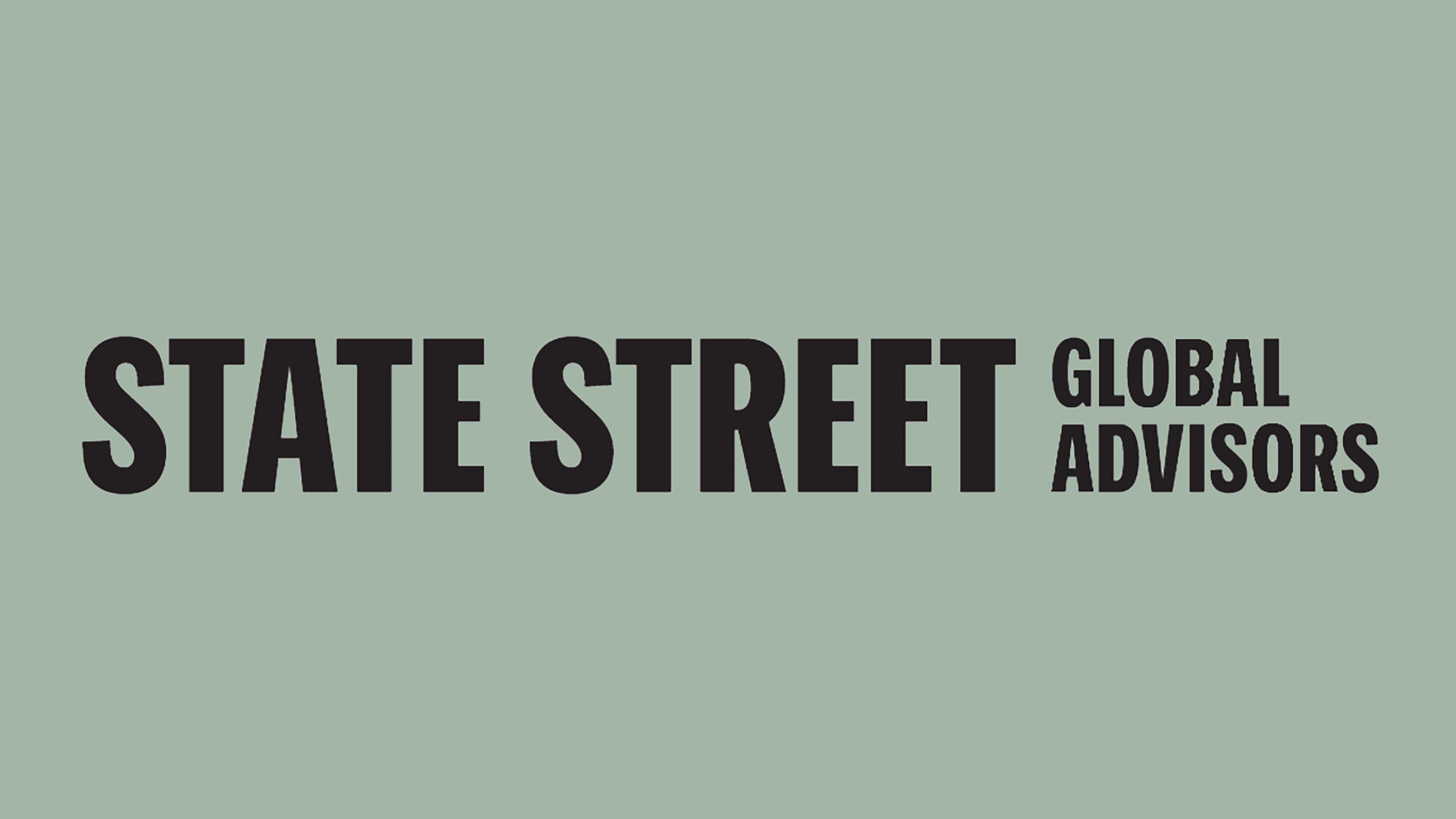
SPDR S&P 500 Fossil Fuel Reserves Free ETF
- Assets under management: $1.0 billion
- Dividend yield: 1.3%
- Expenses: 0.20%
Another way to invest with clean-energy principles in mind is to simply exclude fossil fuels from your portfolio.
That's what you get with the SPDR S&P 500 Fossil Fuel Reserves Free ETF (SPYX, $102.97), which simply invests in the S&P 500, minus companies that own fossil fuel reserves (i.e., sources of crude oil, natural gas and thermal coal). Effectively, that only whittles out a few energy firms, such as Exxon Mobil (XOM) or Chevron (CVX), resulting in a group of 490 remaining holdings.
This isn't just a feel-good investment for clean-energy advocates. SPYX has out-returned the S&P 500 by more than a percentage point annually on average over the past three years. And it has consistently outperformed the U.S. large blend category since inception in 2015.
Morningstar gives SPYX a Silver rating, five stars and three sustainability globes.
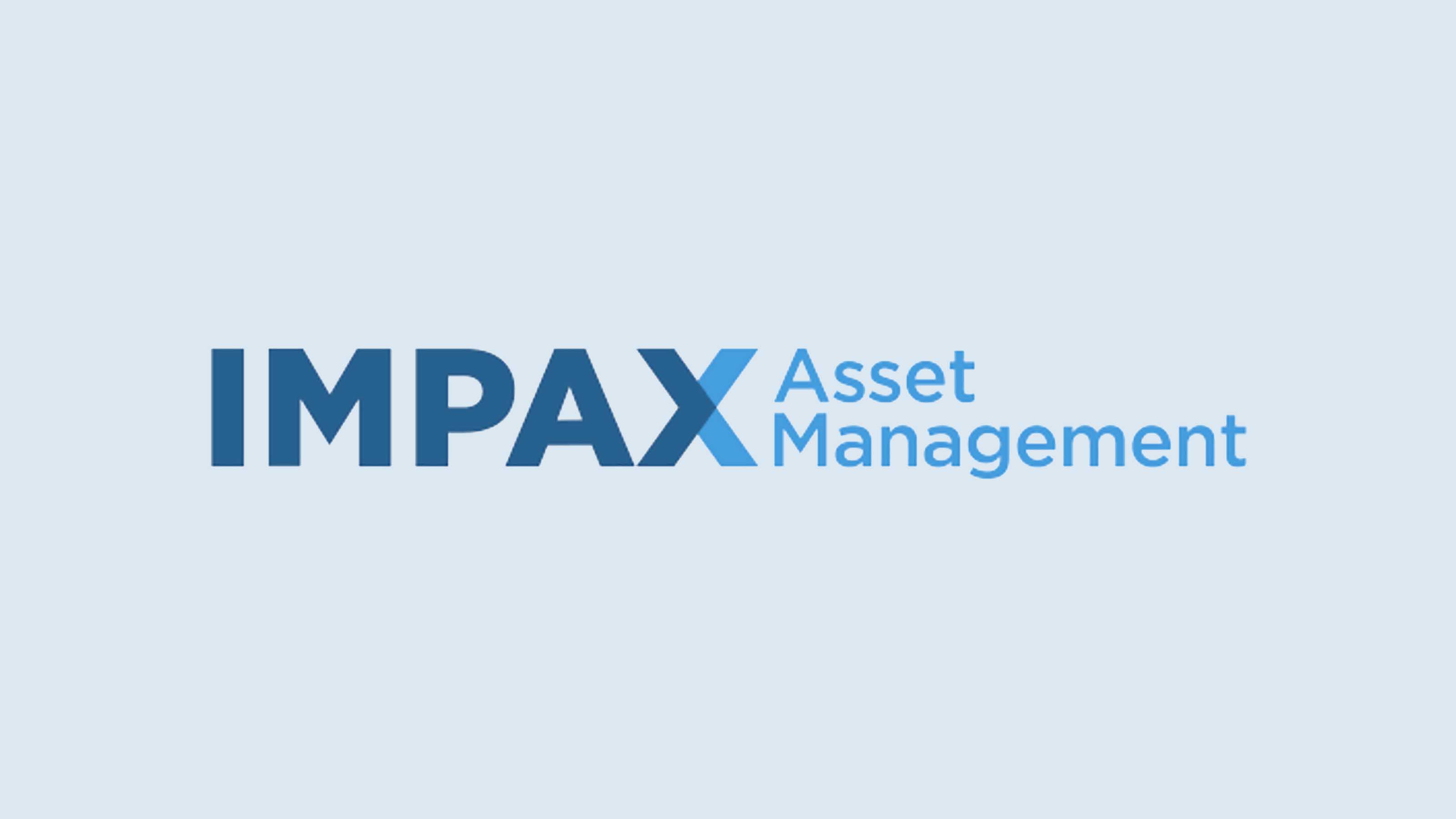
Pax Ellevate Global Women's Leadership Fund
- Assets under management: $822.7 million
- Dividend yield: 1.0%
- Expenses: 0.80%
Pax Ellevate Global Women's Leadership Fund (PXWEX, $33.06), at more than $820 million in assets under management, is proof that there's real investor interest in corporate gender diversity.
PXWEX's performance suggests it works, too. This portfolio of more than 400 gender-diverse companies outperformed more than three-quarters of its global equity peers within the Lipper Global Multi-Cap Core category in the three years ending March 31, 2021.
The fund is tied to the Impax Global Women's Leadership Index. To create the index, the firm's in-house Gender Analytics Team evaluates 1,600 global companies for criteria such as the representation of women in management and gender pay equality.
"These factors are given different weights, with representation by women on boards and in management receiving the highest weights," Portfolio Manager Barbara Browning says. The stocks that meet these and certain ESG criteria represent what Impax believes are the best companies in the world for advancing gender equality and women in the workplace, she says.
The fund can tilt "toward higher-rated gender leadership sectors, regions and countries," such as consumer staples and financials, and the United States and France, Portfolio Manager Scott LaBreche says. "(This) can cause negative short-term return impacts," but he says they "are negated over longer-term periods."
Recent top holdings include the likes of Microsoft, Amazon, Estée Lauder (EL) and American Water Works (AWK).
Learn more about PXWEX at the Pax World Funds provider page.
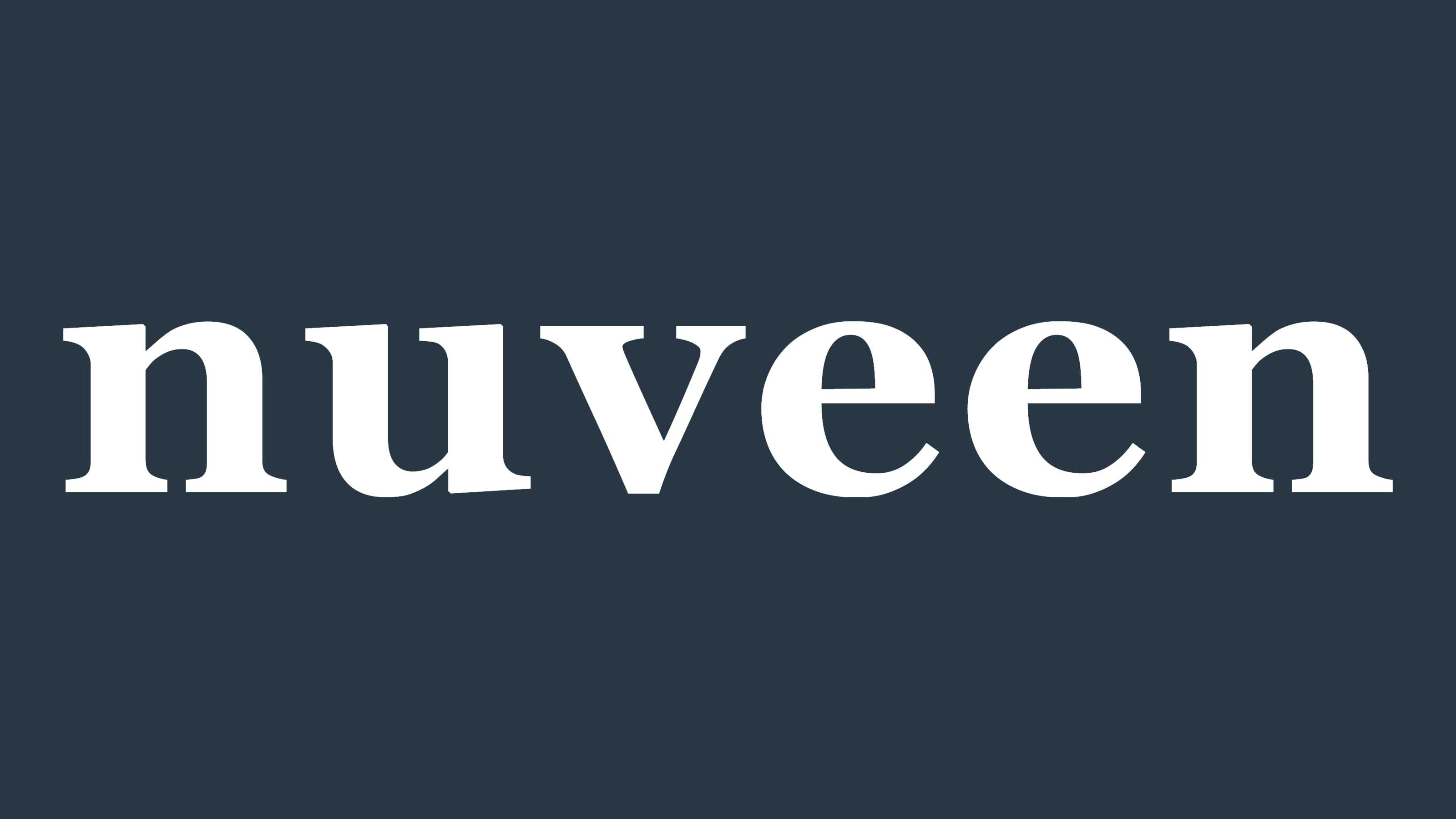
Nuveen ESG Large-Cap Value ETF
- Assets under management: $895.6 million
- Dividend yield: 1.3%
- Expenses: 0.35%
"Value stocks have some of the most attractive valuations right now, particularly relative to growth stocks," Orion Portfolio Solutions' Kostya Etus says. "But there is risk of purchasing lower-quality companies which may go out of business – also known as 'catching a falling knife.'"
By pairing value with ESG companies, which are generally higher-quality and "better able to weather the storm in periods of market stress," according to Etus, you can mitigate the risk of grabbing the blade.
And that's the idea behind Nuveen ESG Large-Cap Value ETF (NULV, $37.19).
Nuveen ESG Large-Cap Value Fund tracks the TIAA ESG USA Large-Cap Value Index, which tries to increase exposure to MSCI USA Value Index components with positive ESG factors while reducing carbon exposure. The ESG value index has outperformed the traditional value index every year since 2015.
NULV, which is heaviest in financials (20%) and healthcare (15%), is most heavily concentrated in Procter & Gamble (PG) and Intel (INTC) ... but even then, no stock accounts for more than 3% of assets.

Nuveen ESG Small-Cap ETF
- Assets under management: $834.8 million
- Dividend yield: 0.5%
- Expenses: 0.40%
Speaking of "catching a falling knife," Etus says small-cap stocks can provide strong value opportunities right now, though you face a higher risk of getting cut, especially in the current environment.
Small caps tend to be undervalued relative to large companies, but "many small companies may not make it through these rough economic times," she says. "Having an ESG overlay helps select higher quality small-cap companies which may have a higher probability to make it out of the recession and outperform on the rebound."
She points to the Nuveen ESG Small-Cap ETF (NUSC, $44.00), which tracks the TIAA ESG USA Small-Cap Index, which applies ESG criteria to the MSCI USA Small Cap Index. The 670-holding portfolio is thickest in information technology stocks (17%), industrials (17%) and consumer cyclical stocks (16%), but it offers exposure to every sector – which isn't necessarily a win, depending on what your ESG values are.
For instance, NUSC does better at avoiding tobacco and civilian firearms (zero firms) than it does fossil fuels (2.4% of assets are in oil/gas producers, and another 0.7% are in fuel-fired utilities) and deforestation (1.7% of investments are in "deforestation-risk" companies). That's according to a fund tracker powered by As You Sow, a nonprofit promoting environmental and social corporate responsibility through shareholder advocacy.
However, NUSC is decidedly not a good pick for investors who prioritize gender equality, according to As You Sow's ratings.

TIAA-CREF Core Impact Bond Fund
- Assets under management: $6.4 billion
- SEC yield: 1.7%
- Expenses: 0.46%
Investors can also add an ESG element to the fixed-income portion of their portfolio.
The TIAA-CREF Core Impact Bond Fund (TSBRX, $10.55), which is now under the Nuveen umbrella, is led by a three-person portfolio management team that includes Stephen Liberatore, head of ESG/Impact fixed income strategy. The fund holds investment-grade bonds from companies that are ESG leaders within their industry and/or have direct and measurable environmental or social impact in areas like natural resources, renewable energy and affordable housing.
The managers start by selecting securities that score in the top half of their peer group for ESG characteristics. Sector specialists then choose from these the individual bonds for the portfolio. These can include U.S. government securities, corporate bonds or mortgage- and other asset-backed securities. As of Dec. 31, 2020, TSBRX was most heavily invested in corporate bonds (38%) and agency mortgage-backed securities (27%), with decent chunks of U.S. Treasury debt (15%) and municipal bonds (7%) among its other holdings.
What sets this bond fund apart from its ESG peers is that it may allocate 30% to 40% of its assets to impact investments – "which may fall outside the screen but have a 'direct and measurable' impact on social or environmental improvement" – apart from those chosen through its core screening process.
Morningstar Associate Director Brian Moriarty notes this may include smaller, illiquid deals, but management is careful to offset the higher risk of these investments by holding an equal amount of U.S. Treasuries with the same duration.

iShares ESG USD Corporate Bond ETF
- Assets under management: $852.7 million
- SEC yield: 2.2%
- Expenses: 0.18%
The iShares ESG USD Corporate Bond ETF (SUSC, $27.11) is another fixed-income ESG fund that's specifically geared toward corporate debt. Its aim is to optimize exposure to ESG criteria while matching the risk-return characteristics of the Bloomberg Barclays US Corporate Index.
SUSC's tracking index, the Bloomberg Barclays MSCI US Corporate ESG Focus Index, frowns upon civilian firearm producers and retailers, weapons makers, fossil fuel producers or power generators, and a few other industries. Some of the exclusions are categorical, while others are based on revenue or revenue-percentage thresholds. It also excludes companies tagged with the "severe business controversy" mark.
The overall portfolio is almost entirely investment-grade in nature, though most of its holdings are closer to the lower end of that spectrum. More than half the portfolio is in BBB-rated bonds, and another 38% are in A-rated bonds. Effective duration is 8.2 years, which implies that a one-percentage-point increase in interest rates would result in a 8.2% decline for the portfolio.
The iShares ESG USD Corporate Bond ETF came to life in July 2017, so it doesn't have much of a track record. But while it underperformed the category average by 29 basis points in 2018, it outperformed by 155 bps in 2019, then outperformed again by 52 basis points in 2020. Thus, SUSC shows you don't have to forgo returns for social responsibility in fixed income.
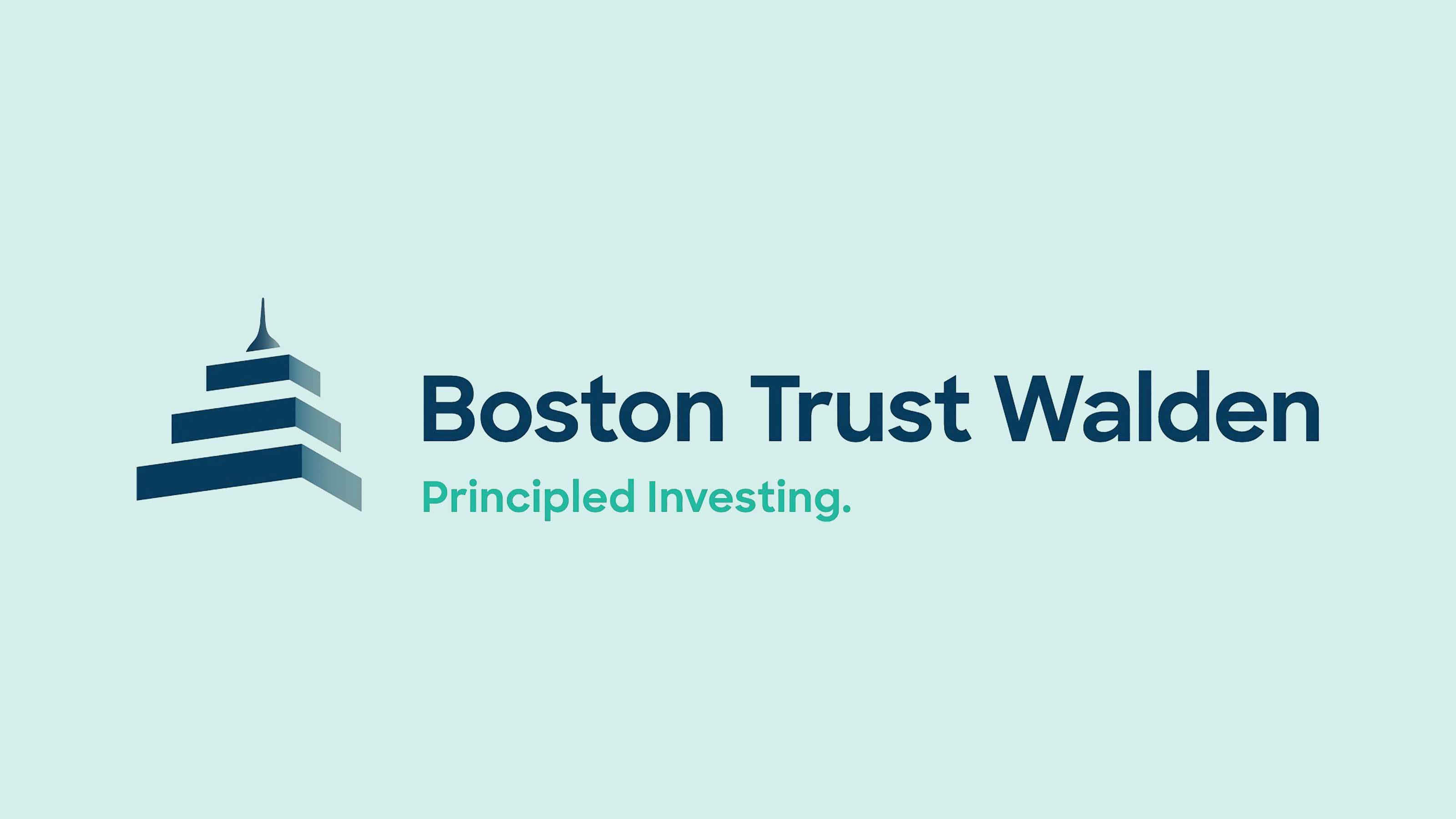
Boston Trust Walden Balanced Fund
- Assets under management: $190.4 million
- Dividend yield: 0.7%
- Expenses: 1.00%
Investors can even get access to a balanced fund that prioritizes ESG values.
The Boston Trust Walden Balanced Fund (WSBFX, $23.35) aims for a 70% to 80% equity allocation, and it's currently at the lower end of that. Even then, at 28% fixed-income exposure, it boasts 11 percentage points more allocation to bonds than the category average.
The fixed-income portfolio consists of U.S. government and government-related bonds, corporate bonds, municipal bonds and cash and cash equivalents. On the equities side, while the fund managers are open to companies of all sizes, they prefer large caps, with recognizable names like Apple, Microsoft and Google parent Alphabet (GOOGL) topping the list.
The managers apply an ESG screen to holdings and exclude companies with significant exposure to products or services such as alcohol production, coal mining, factory farming, tobacco, weapons and prison operations. They also avoid companies with poor workplace conditions or shoddy corporate governance, as well as those that have a negative environmental or community impact.
Walden is recognized as an asset manager with a history of engaging companies on the issue of deforestation and tobacco in the entertainment industry. WSBFX is among the highest-ranked ESG funds on this list, earning five sustainability globes, four stars and a Silver rating from Morningstar.
Learn more about WSBFX at the Boston Trust Walden provider page.
Profit and prosper with the best of Kiplinger's advice on investing, taxes, retirement, personal finance and much more. Delivered daily. Enter your email in the box and click Sign Me Up.

Coryanne Hicks is an investing and personal finance journalist specializing in women and millennial investors. Previously, she was a fully licensed financial professional at Fidelity Investments where she helped clients make more informed financial decisions every day. She has ghostwritten financial guidebooks for industry professionals and even a personal memoir. She is passionate about improving financial literacy and believes a little education can go a long way. You can connect with her on Twitter, Instagram or her website, CoryanneHicks.com.
-
 Look Out for These Gold Bar Scams as Prices Surge
Look Out for These Gold Bar Scams as Prices SurgeFraudsters impersonating government agents are convincing victims to convert savings into gold — and handing it over in courier scams costing Americans millions.
-
 How to Turn Your 401(k) Into A Real Estate Empire
How to Turn Your 401(k) Into A Real Estate EmpireTapping your 401(k) to purchase investment properties is risky, but it could deliver valuable rental income in your golden years.
-
 My First $1 Million: Retired Nuclear Plant Supervisor, 68
My First $1 Million: Retired Nuclear Plant Supervisor, 68Ever wonder how someone who's made a million dollars or more did it? Kiplinger's My First $1 Million series uncovers the answers.
-
 Best Mutual Funds to Invest In for 2026
Best Mutual Funds to Invest In for 2026The best mutual funds will capitalize on new trends expected to emerge in the new year, all while offering low costs and solid management.
-
 What Fed Rate Cuts Mean For Fixed-Income Investors
What Fed Rate Cuts Mean For Fixed-Income InvestorsThe Fed's rate-cutting campaign has the fixed-income market set for an encore of Q4 2024.
-
 The Most Tax-Friendly States for Investing in 2025 (Hint: There Are Two)
The Most Tax-Friendly States for Investing in 2025 (Hint: There Are Two)State Taxes Living in one of these places could lower your 2025 investment taxes — especially if you invest in real estate.
-
 The Final Countdown for Retirees with Investment Income
The Final Countdown for Retirees with Investment IncomeRetirement Tax Don’t assume Social Security withholding is enough. Some retirement income may require a quarterly estimated tax payment by the September 15 deadline.
-
 The 24 Cheapest Places To Retire in the US
The 24 Cheapest Places To Retire in the USWhen you're trying to balance a fixed income with an enjoyable retirement, the cost of living is a crucial factor to consider. Is your city the best?
-
 Smart Ways to Invest Your Money This Year
Smart Ways to Invest Your Money This YearFollowing a red-hot run for the equities market, folks are looking for smart ways to invest this year. Stocks, bonds and CDs all have something to offer in 2024.
-
 Vanguard's New International Fund Targets Dividend Growth
Vanguard's New International Fund Targets Dividend GrowthInvestors may be skittish about buying international stocks, but this new Vanguard fund that targets stable dividend growers could ease their minds.
-
 Best 401(k) Investments: Where to Invest
Best 401(k) Investments: Where to InvestKnowing where to find the best 401(k) investments to put your money can be difficult. Here, we rank 10 of the largest retirement funds.
